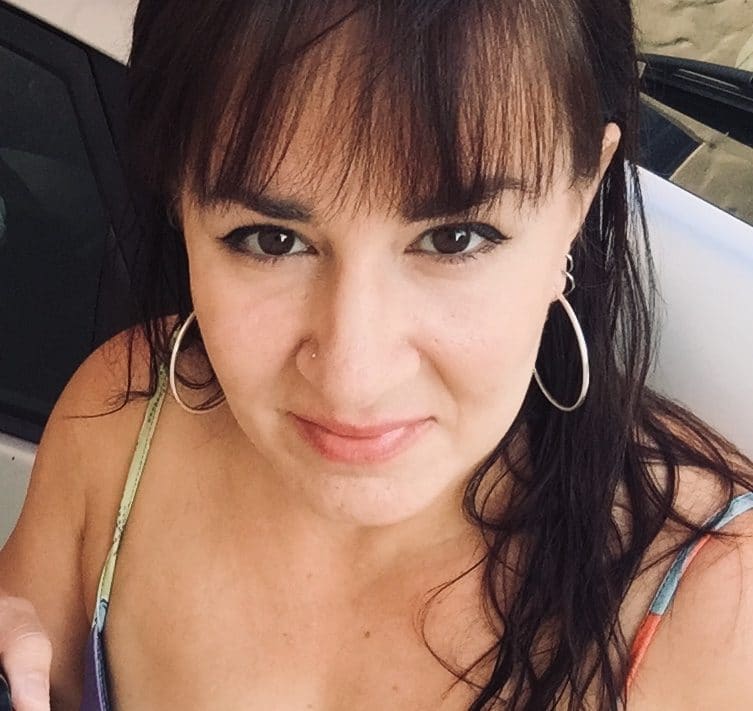Anne Lappé once said:
“Every dollar we spend is a vote for how we want the world to be.”
And, to a great extent, this is true—especially when it comes to food, for example.
Were it not for consumer demand for unadulterated, whole, organic food, the Slow Food movement would not exist, and farmers who raise organic produce, pasture-raised meat and eggs, and whole, raw dairy would still be very few and very far between.
The market for organic and pasture-raised food grows exponentially every year, which means that more and more land is being tended sustainably and contributing to carbon sequestration and clean air and water.
And it means more small farmers are making a decent living than ever before. All of this goodness has been almost entirely driven by shoppers.
Amazing!
But, while I realize that my dollar has a lot of power, not for one minute do I think that the way I shop can really create the kind of systemic change the world needs.
Case in point: Although the Real Food movement has tremendous traction, corporate-friendly regulators in our state and federal agencies still see fit to regularly raid and criminally charge small farmers who are providing raw milk, heritage pork, and other traditional healthy, whole foods—even when there has been NO incidence of illness or harm.
Similarly, despite the fact that more small farmers and homesteaders than ever before are taking up the plow, farm policy and farm subsidies still overwhelmingly support Big Ag and industrial-scale farming.
Genetically engineered crops (GMOs) continue to receive fast-track approval, and the pollen from new, experimental crops like GMO alfalfa, GMO sugar beets and GMO corn threatens to permanently contaminate the genetic purity of our organic seedstock, which stands to drive many of these new organic farmers and ranchers out of business.
Boycotting Monsanto or buying only organic and local food will not even touch these problems.
Nor can shopping do anything about soil erosion, aquifer depletion, or the massive bee die off going on that threatens our very ability to produce food at all.
And shopping can’t really make a dent in air or water pollution from industry, mercury pollution from coal plants, fracking pollution, depletion of fresh water, or deforestation, among other pressing problems we face.
In fact, to help solve these problems, we need to shop less, not more.
So, Can Shopping Change the World?
In a word: No.
As Annie Leonard explains in her animated video, The Story of Change (below), socially and environmentally responsible shopping is a great place to start—but a lousy place to end.
To create the sustainable, peaceful, healthy world we want, we need to do much more than shop. Shopping might be enjoyable, easy and necessary, but I would argue that being an informed and active citizen is much more fulfilling—and these days, desperately necessary.
I mean, would you rather be treated like an American Consumer or like an American Citizen?
In The Story of Change, Leonard explains how social movements that bring about real, lasting change need three things:
- a big idea for how things can be better,
- commitment to work together, and
- participation in action.
Leonard says we’re missing the participation and action.
Why should you have to choose between your values and, say, having a phone? Or between spending your precious dollars on expensive, nutritious, organic food vs. cheap, federally subsidized, factory-processed junk? How can we be more sustainable consumers if the products we need that are available to us aren’t produced sustainably yet?
Leonard says we will never find solutions to these conundrums through better shopping or nagging each other. Rather, “we get there by engaging as citizens to ensure our policies and laws put safeguarding people and the planet first.”
Indeed.
“Never doubt that a small group of thoughtful, committed citizens can change the world; indeed it’s the only thing that ever has.”
—Margaret Mead
Get Involved!
The causes, policies and laws that matter to you need all kinds of help. Whether you volunteer your time, participate in a protest, or speak your mind to your government, there is a way for all American citizens to make a difference in creating a sustainable, healthy future for generations to come.
If we don’t, who will?








